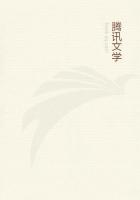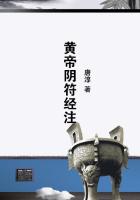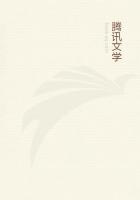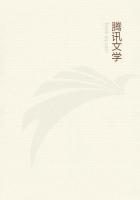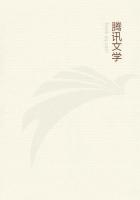On my return to America, my literary life immediately took such form that most of my reading was done for review. I wrote at first a good many of the lighter criticisms in 'The Nation', at New York, and after I went to Boston to become the assistant editor of the 'Atlantic Monthly' I wrote the literary notices in that periodical for four or five years.
It was only when I came into full charge of the magazine that I began to share these labors with others, and I continued them in some measure as long as I had any relation to it. My reading for reading's sake, as I had hitherto done it, was at an end, and I read primarily for the sake of writing about the book in hand, and secondarily for the pleasure it might give me. This was always considerable, and sometimes so great that I forgot the critic in it, and read on and on for pleasure. I was master to review this book or that as I chose, and generally I reviewed only books I liked to read, though sometimes I felt that I ought to do a book, and did it from a sense of duty; these perfunctory criticisms I do not think were very useful, but I tried to make them honest.
In a long sickness, which I had shortly after I went to live in Cambridge, a friend brought me several of the stories of Erckmann-
Chatrian, whom people were then reading much more than they are now, I believe; and I had a great joy in them, which I have renewed since as often as I have read one of their books. They have much the same quality of ****** and sincerely moralized realism that I found afterwards in the work of the early Swiss realist, Jeremias Gotthelf, and very likely it was this that captivated my judgment. As for my affections, battered and exhausted as they ought to have been in many literary passions, they never went out with fresher enjoyment than they did to the charming story of 'L'Ami Fritz,' which, when I merely name it, breathes the spring sun and air about me, and fills my senses with the beauty and sweetness of cherry blossoms. It is one of the loveliest and kindest books that ever was written, and my heart belongs to it still; to be sure it belongs to several hundreds of other books in equal entirety.
It belongs to all the books of the great Norwegian Bjorstjerne Bjornson, whose 'Arne,' and whose 'Happy Boy,' and whose 'Fisher Maiden' I read in this same fortunate sickness. I have since read every other book of his that I could lay hands on: 'Sinnove Solbakken,' and 'Magnhild,' and 'Captain Manzanca,' and 'Dust,' and 'In God's Ways,' and 'Sigurd,' and plays like "The Glove" and "The Bankrupt." He has never, as some authors have, dwindled in my sense; when I open his page, there I find him as large, and free, and bold as ever. He is a great talent, a clear conscience, a beautiful art. He has my love not only because he is a poet of the most exquisite verity, but because he is a lover of men, with a faith in them such as can move mountains of ignorance, and dulness, and greed. He is next to Tolstoy in his willingness to give himself for his kind; if he would rather give himself in fighting than in suffering wrong, I do not know that his self-sacrifice is less in degree.
I confess, however, that I do not think of him as a patriot and a socialist when I read him; he is then purely a poet, whose gift holds me rapt above the world where I have left my troublesome and wearisome self for the time. I do not know of any novels that a young endeavorer in fiction could more profitably read than his for their large and ****** method, their trust of the reader's intelligence, their sympathy with life. With him the problems are all soluble by the enlightened and regenerate will; there is no baffling Fate, but a helping God. In Bjornson there is nothing of Ibsen's scornful despair, nothing of his anarchistic contempt, but his art is full of the warmth and color of a poetic soul, with no touch of the icy cynicism which freezes you in the other. I have felt the cold fascination of Ibsen, too, and I should be far from denying his mighty mastery, but he has never possessed me with the delight that Bjornson has.
In those days I read not only all the new books, but I made many forays into the past, and came back now and then with rich spoil, though I confess that for the most part I had my trouble for my pains; and I wish now that I had given the time I spent on the English classics to contemporary literature, which I have not the least hesitation in saying I like vastly better. In fact, I believe that the preference for the literature of the past, except in the case of the greatest masters, is mainly the affectation of people who cannot otherwise distinguish themselves from the herd, and who wish very much to do so.
There is much to be learned from the minor novelists and poets of the past about people's ways of thinking and feeling, but not much that the masters do not give you in better quality and fuller measure; and I should say, Read the old masters and let their schools go, rather than neglect any possible master of your own time. Above all, I would not have any one read an old author merely that he might not be ignorant of him; that is most beggarly, and no good can come of it. When literature becomes a duty it ceases to be a passion, and all the schoolmastering in the world, solemnly addressed to the conscience, cannot make the fact otherwise. It is well to read for the sake of knowing a certain ground if you are to make use of your knowledge in a certain way, but it would be a mistake to suppose that this is a love of literature.

